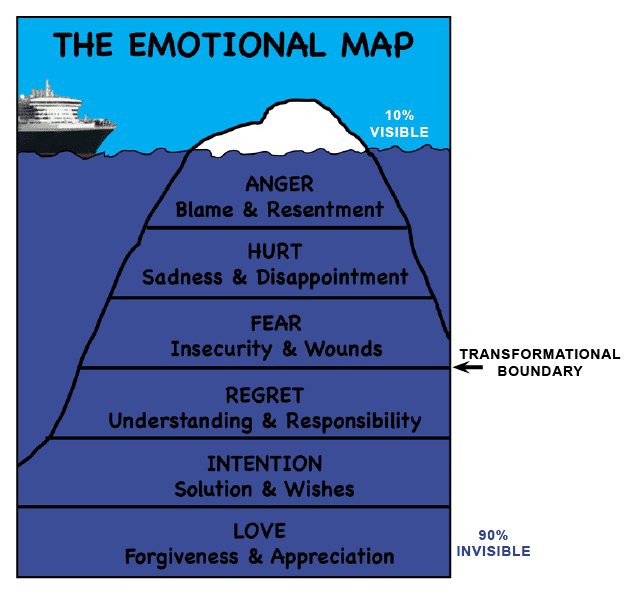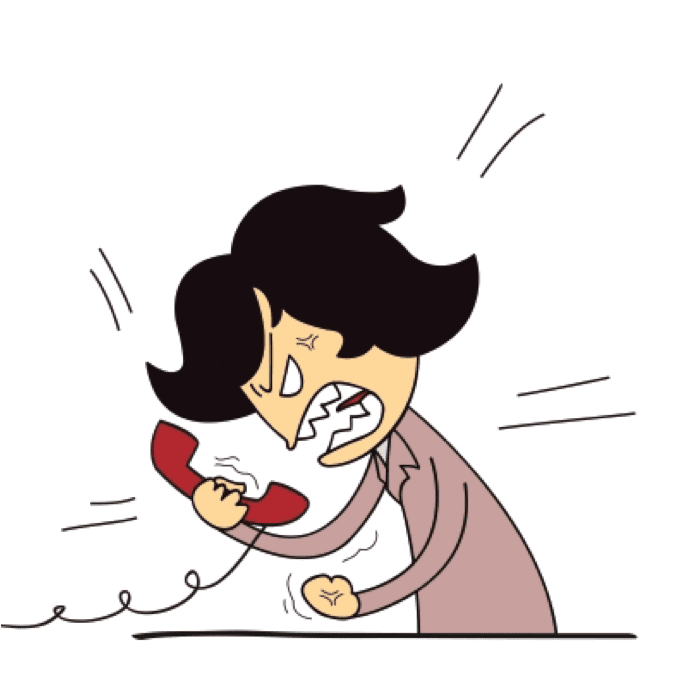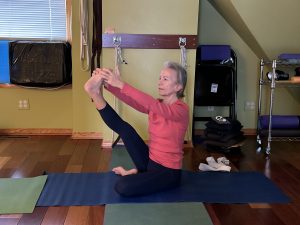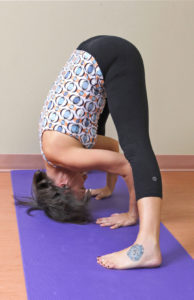In the short term, corporal punishment may produce obedience. But it is a fact documented by research that in the long term the results are inability to learn, violence and rage, bullying, cruelty, inability to feel another’s pain, especially that of one’s own children, even drug addiction and suicide, unless there are enlightened or at least helping witnesses on hand to prevent that development. Alice Miller
Ask yourself, “Which emotions are most challenging for you to understand and then to master? If you are like me, you probably answer “anger, hurt and fear.” In many respects this should come as no surprise considering corporal punishment, one form of social oppression, was only outlawed in Canadian schools in 2004. In essence, we have only begun to change oppressive behaviours that support the development of anger, fear and hurt. Even though research has proven that raising children (or animals) without love develops loveless and fearful beings, we are slow to change our behaviours and beliefs.
In a recent conversation, a psychologist informed me that sexual abuse (another form of oppression) leaves behind a great deal of rage in its victims. These oppressed children and adults often suppress their emotional reactions deep within until some event, person or thing triggers an irrational outburst of anger. Then, out it explodes, directed at whatever was the trigger. These enraged outbursts often continue throughout a person’s lifetime unless they are brave enough to seek understanding.
Projecting our anger, hurt and fear onto others is a common long-held belief that others are the source — cause — of our emotional suffering. Only in the past decade have we begun to abandon such a belief and recognize that how we feel is our own doing. No one, other than ourselves, causes our emotions. No matter how another person may misbehave, it is our choice as to how we wish to react.
Choosing not to act on an angry impulse and to feel the pain that lies beneath it
is a very courageous thing to do. Gary Zukav
Most of us alive today are confronting a generational and global pattern of response —someone has done me wrong, therefore I have the right to even the score. Unfortunately, anger and retaliation tend to be our weapons of choice. However, when we continue to hold others responsible for our emotional experience, we stay stuck in our resentment and wounds. More importantly, we miss the opportunity presented to us — to heal our pain and suffering and move on to expressions of positive emotions such as forgiveness, compassion and love.
Feelings like disappointment, embarrassment, irritation, resentment, anger, jealousy,
and fear, instead of being bad news, are actually very clear moments that teach us
where it is that we’re holding back. They teach us to perk up and lean in when we feel
we’d rather collapse and back away. They’re like messengers that show us, with terrifying
clarity, exactly where we’re stuck. This very moment is the perfect teacher, and,
lucky for us, it’s with us wherever we are. Pema Chodron
Thousands of years of primitive fight-flight behaviour along with generations of social conditioning to “attack first and ask questions later” evolved a mountain of negative emotional barriers. Have a look below at what we have to dig through in order to surface positive emotional expression.
 Out of habit, we find our first responses to be anger, hurt and fear. Until we recognize our own resentment and the need to blame others for what has happened in our lives, we will continue to perpetuate anger towards others. Furthermore, we will not see clearly that our anger is merely a symptom of something else going on inside. To find out what the source of your anger is, ask yourself the question — What is the source of my anger? The answer to every question you ask lies within you. If you cannot answer the question today, keep asking. The time will come when your answer will appear. The key is not to suppress but to request!
Out of habit, we find our first responses to be anger, hurt and fear. Until we recognize our own resentment and the need to blame others for what has happened in our lives, we will continue to perpetuate anger towards others. Furthermore, we will not see clearly that our anger is merely a symptom of something else going on inside. To find out what the source of your anger is, ask yourself the question — What is the source of my anger? The answer to every question you ask lies within you. If you cannot answer the question today, keep asking. The time will come when your answer will appear. The key is not to suppress but to request!
To learn more about positive emotional expression, click here or here.





